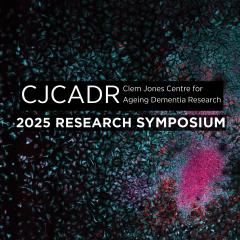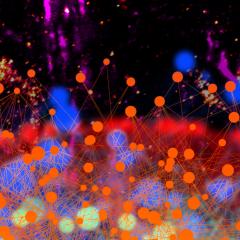Join us for the Clem Jones Centre for Ageing Dementia Research (CJCADR) Symposium. This annual event highlights the diverse research portfolio of the Clem Jones Centre for Ageing Dementia Research, spanning basic science, translational research, and commercialisation initiatives.
Contacts
Rebecca Bibby


